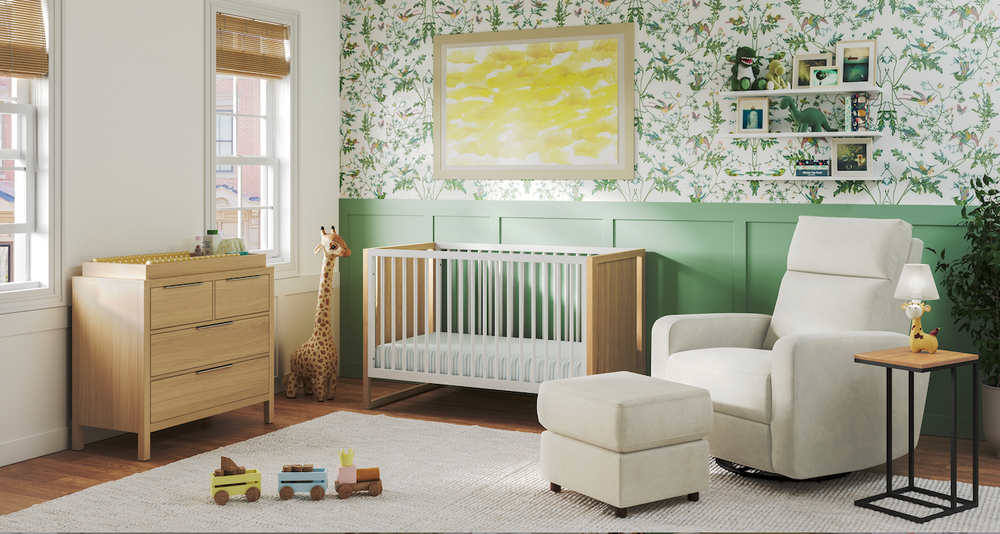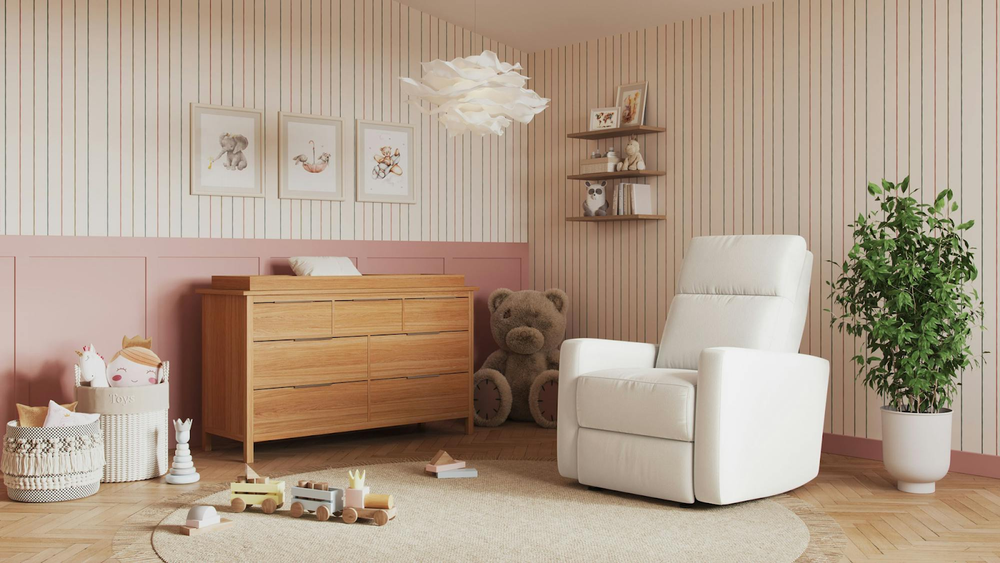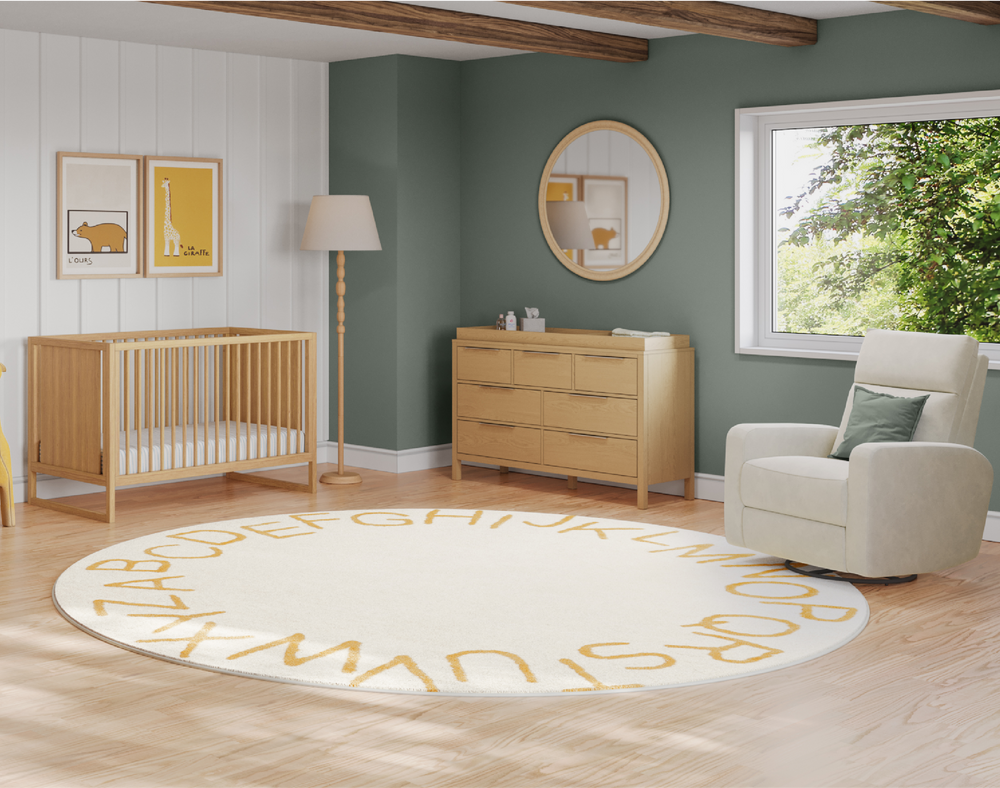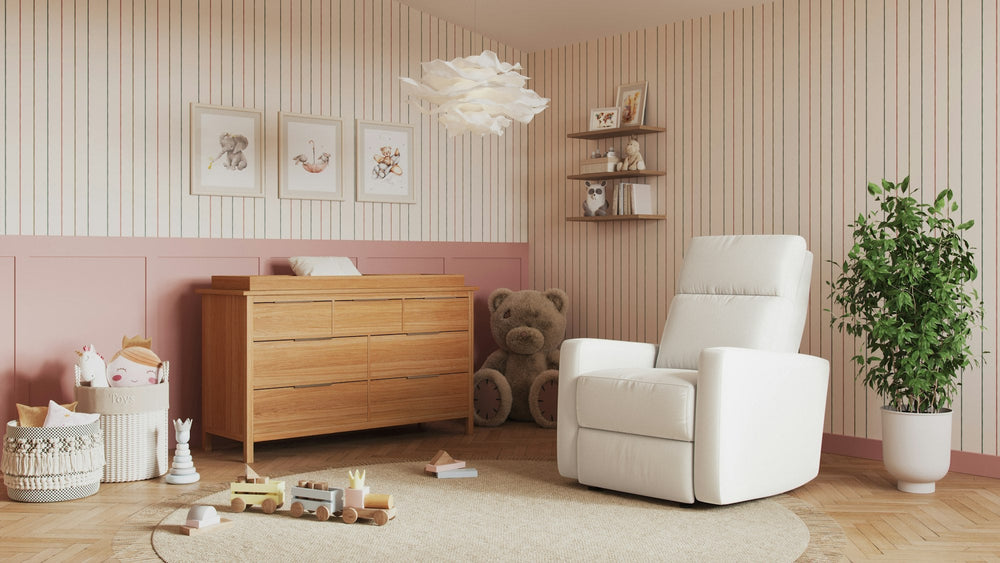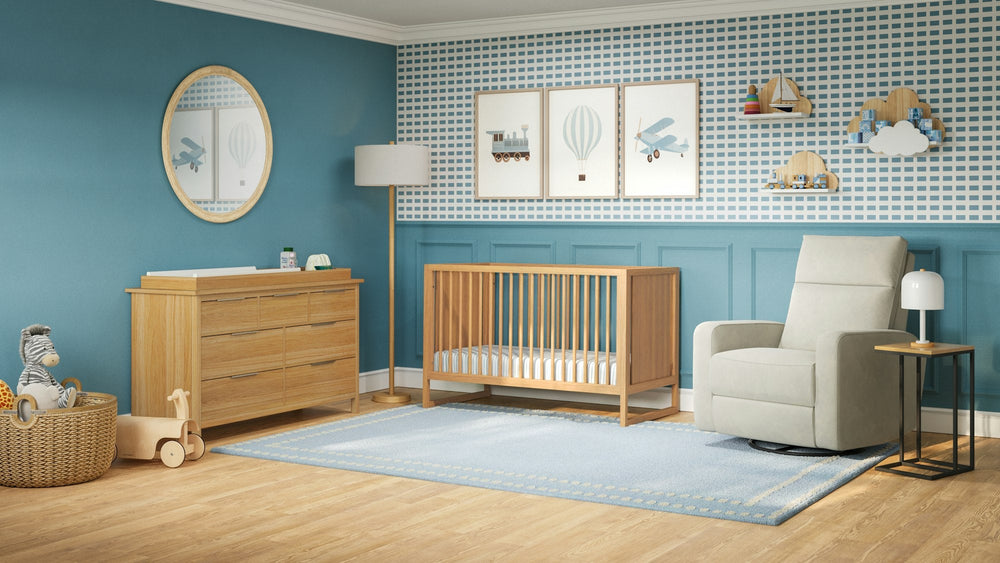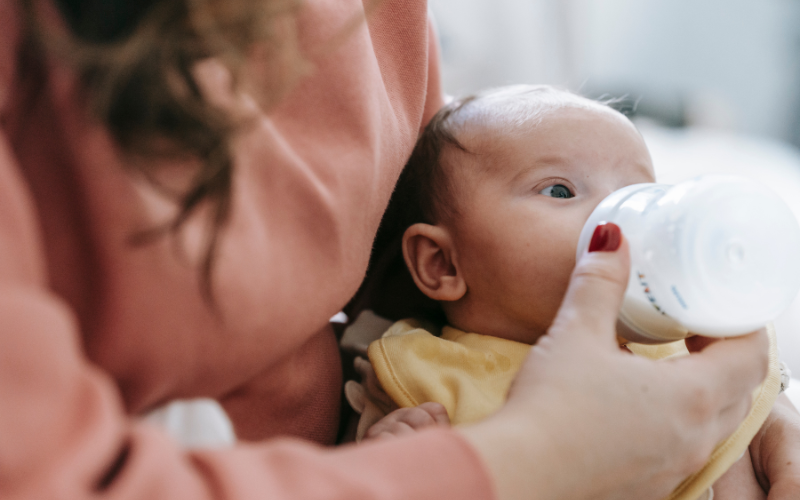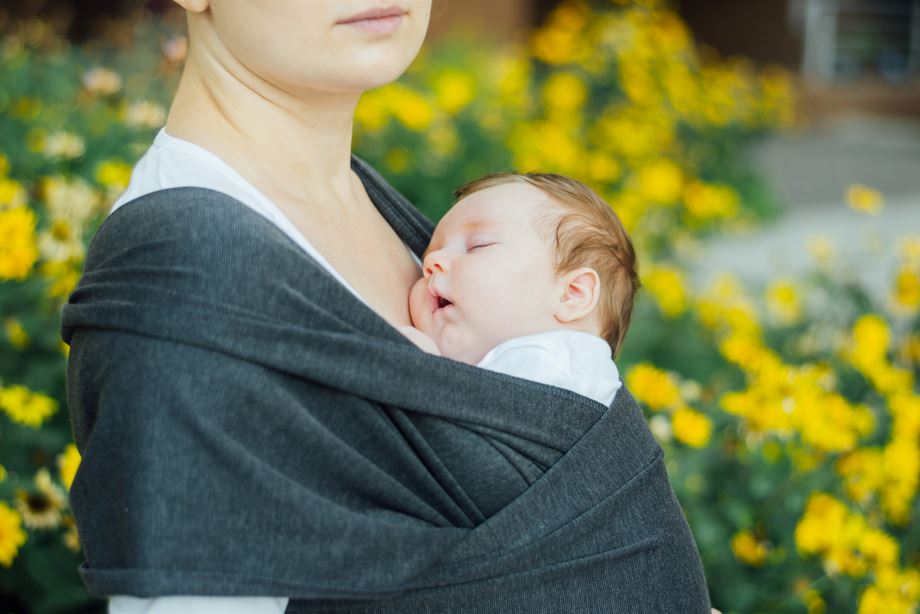
If you’ve recently given birth, your body may still be reeling from the physical changes it experienced. One of the chief complaints of new mothers is lower back pain. You may have even begun to feel it during the final weeks of pregnancy; this is particularly true if it’s your second or third pregnancy.
But what causes back pain, and how can you manage it? This article breaks down the most common causes of both upper back and lower back pain, how to manage back pain after pregnancy, and how long you can expect the pain to linger.
So if you’re about to be a new mom or have recently given birth and are looking for some back relief, read on to learn the ins and outs!
Causes of Postpartum Back Pain
Pregnancy changes your body in many ways. From hormonal changes to your expanding uterus to stretched ligaments, it can be a challenge to manage all the aches and pains. Back pain, notably lower back pain, is one of the most common pregnancy side effects.
Unlike other pregnancy-induced ailments, back pain often lingers postpartum and can be uncomfortable, especially when caring for a newborn.
The most common causes of postpartum back pain are:
- Strained abdominal muscles
- Hormonal changes
- Poor posture
- Holding the baby incorrectly
- Frequent bending and lifting
%%customCTA2%%
Strained Abdominal Muscles
Your abdomen contains two large muscles called the rectus muscles that meet in the middle. During pregnancy, your expanding uterus puts immense pressure onto the rectus muscles, which could cause them to separate. When these muscles separate, it is a condition known as diastasis recti.
Diastasis recti can weaken the abdominal muscles, which in turn causes lower back pain. Pregnant women are more likely to experience this condition if they carry a large baby, are over thirty-five, have a small frame, or carry multiples.
Hormonal Changes
Pregnancy hormones are essential for your baby's development; however, they can cause some uncomfortable and often painful changes to your body.
For example, during pregnancy, your body releases relaxin, a hormone which increases joint mobility and makes them looser and ready for giving birth. However, the loosening of the ligaments is also what contributes to back pain.
One condition related to hormonal changes is piriformis syndrome. Piriformis syndrome compresses the sciatic nerve in the pelvic floor and can cause pain in the buttocks, hip, and thigh.
Hormonal changes during pregnancy also shift the pelvis and put a strain on the sacroiliac joints. The primary function of the sacroiliac joints is to support your upper body weight. Excess pressure on these joints causes your body mechanics to become off-kilter and lead to an achy back.
Poor Posture
Poor posture during the third trimester and postpartum is a huge culprit contributing to back pain. Poor posture during pregnancy is often a result of feeling tired, weakened abdominal and pelvic muscles, and a shift in your center of gravity.
During the postpartum period, poor posture can also be caused by fatigue. But it may also be a result of leaning forward to push a stroller, carrying a baby on your front in a sling, carrying the car seat, weakened pelvic floor muscles, and decreased physical activity.
Holding the Baby Incorrectly
Another common cause of postpartum back pain is holding your baby incorrectly. Eight to ten pounds of weight centered in the wrong spot can cause significant strain on your lower and upper back and abdominal muscles.
Improper positioning while breastfeeding can also contribute to back problems postpartum. Make sure to bring the baby to your breast instead of hunching over to reach the baby. Using pillows and nursing supports, like the power lumbar feature in the Glider Plus, can also relieve back tension.
Frequent Bending and Lifting
New parents often bend down or over to pick their baby up out of the crib, off the floor, out of the car seat, etc. However, improper lifting can cause back pain and undue strain on the back muscles.
If you lift from your back, hips, or waist, you could cause soft tissue damage or strain.
How to Treat Postpartum Back Pain
Understanding the cause of your back pain is the first step in treating it, so if you are experiencing frequent or intense back pain, set up an appointment with your healthcare provider.
In most cases, home treatment, –including pain relief, postpartum exercises, good posture, and rest– is enough to ease the pain. However, you may need to see a physical therapist or chiropractor in some cases.
Be Careful How You Lift
As a new parent, you will be lifting and bending frequently. Improper lifting is one of the most common reasons people experience back pain, so employing the correct methods can be really helpful in reducing discomfort.
The recommended advice is to squat down, bend your knees, and lift from the knees keeping your waist straight. Unfortunately, bending at the waist and hunching over feels much more natural, but that precise movement can exacerbate back pain.
You can practice your lifting posture by using a kettlebell to do gentle lifting exercises.

Warm Baths and Showers
Warm baths and showers are an excellent way to ease muscle tension. Warm showers can also relieve breast pain if you are weaning, have decided not to breastfeed, or feel engorged.
If you had a c-section, you can usually take a shallow bath as long as your incision does not become wet.
Regular Exercise
As with most physical ailments, gentle, regular exercise can significantly relieve pain and improve posture. If you are still pregnant, engage in some safe pregnancy workouts a few times a week to keep your body strong. Regular exercise can also make vaginal delivery easier.
Once you have the green light to work out postpartum exercises, you can try are:
- Pelvic tilts
- Kegel exercises
- Yoga & stretching exercises
- Walking
Your doctor may also be able to recommend some physical therapy exercises to perform at home.

Massages or Chiropractic Visits
Postpartum massages, chiropractors, and acupuncture are other excellent ways to help with pain management. When contacting a spa or provider’s office, let them know you are seeking a postpartum massage or specialist and let them know your primary areas of pain or discomfort.
Over the Counter Pain Relief
If your doctor has given the OK, you can take over-the-counter pain relievers like acetaminophen or ibuprofen. If breastfeeding, check with your doctor before taking any medications.
Elevate Your Feet & Rest
Avoid standing for long periods if possible and when you sit, elevate your feet to relieve pressure from your lower back.
Rest is one of the best “cures” for pain. When possible, elevate your feet and sit in a chair, like a Nurture& Glider Plus with power lumbar support, to alleviate back pain.

How Long Does Postpartum Back Pain Last?
Unfortunately, there is no clear-cut answer on how long your postpartum back will last. It may wane in prevalence over time or linger on for weeks, months, and possibly even years.
It is vital that you do not push yourself to recover quickly, as it could actually lead to worsening pain or injury.
Individuals who suffered back pain, pelvic pain, or experienced a back injury before pregnancy are more likely to experience pain postpartum.
Stress, being overweight, prior injury, and previous pregnancies increase your chance of experiencing back pain while pregnant.
You should seek medical attention if you are experiencing prolonged or intense pain, numbness, tingling, or weakness in your legs. Failure to address postpartum back pain could potentially lead to chronic conditions.
Meeting your baby and bringing them home is one of the most joyous times in a parent’s life. However, experiencing frequent and distracting back pain can make caring for a newborn challenging. Whether you have pelvic girdle pain, lower or upper back pain, or general discomfort in your back, hips, and lower extremities, knowing how to care for and relieve your pain properly is essential.
When experiencing back pain, talk to your doctor and consider engaging in some gentle exercises, taking a warm bath, or relaxing with your feet up in a carefully crafted Nurture& Glider!




